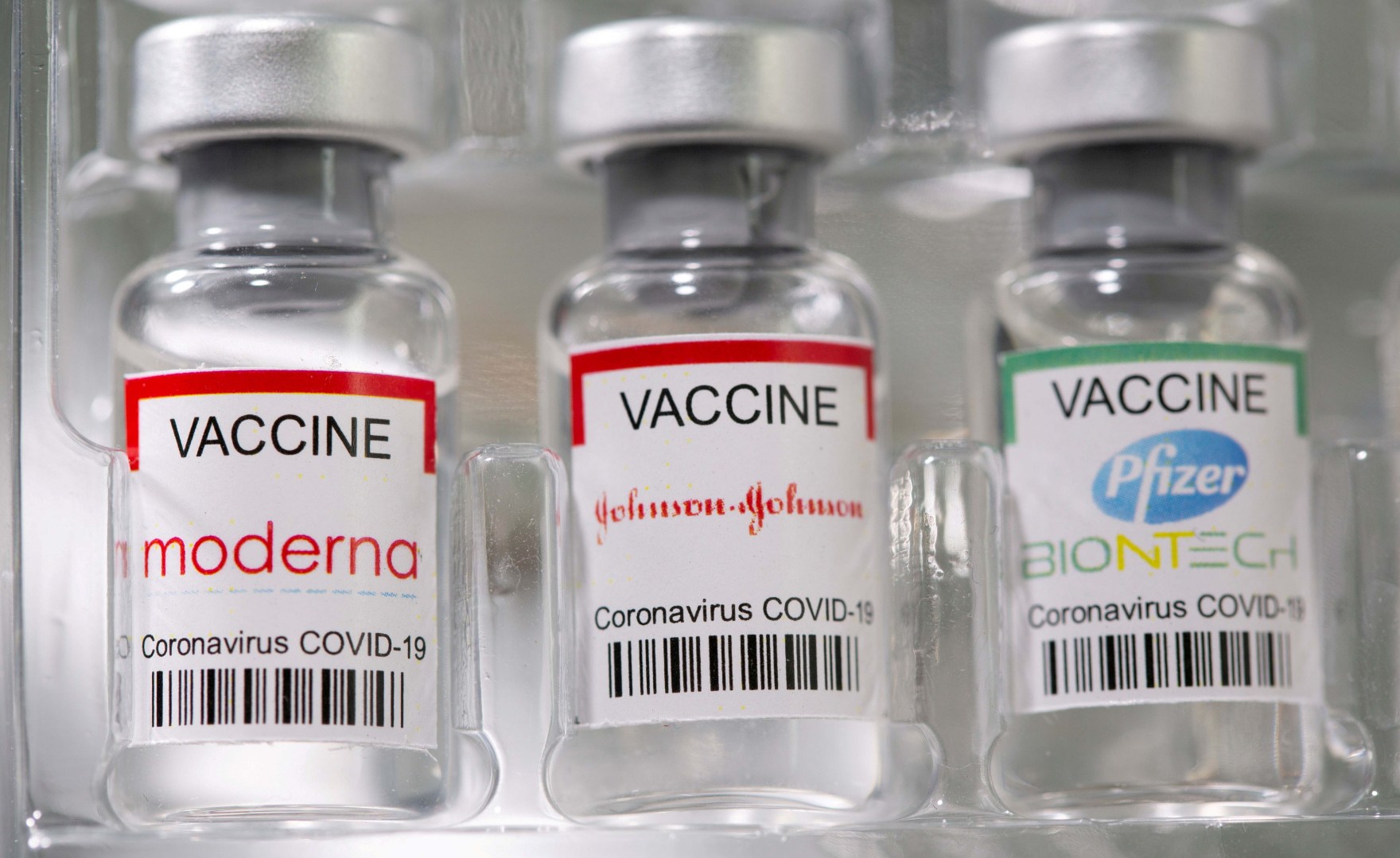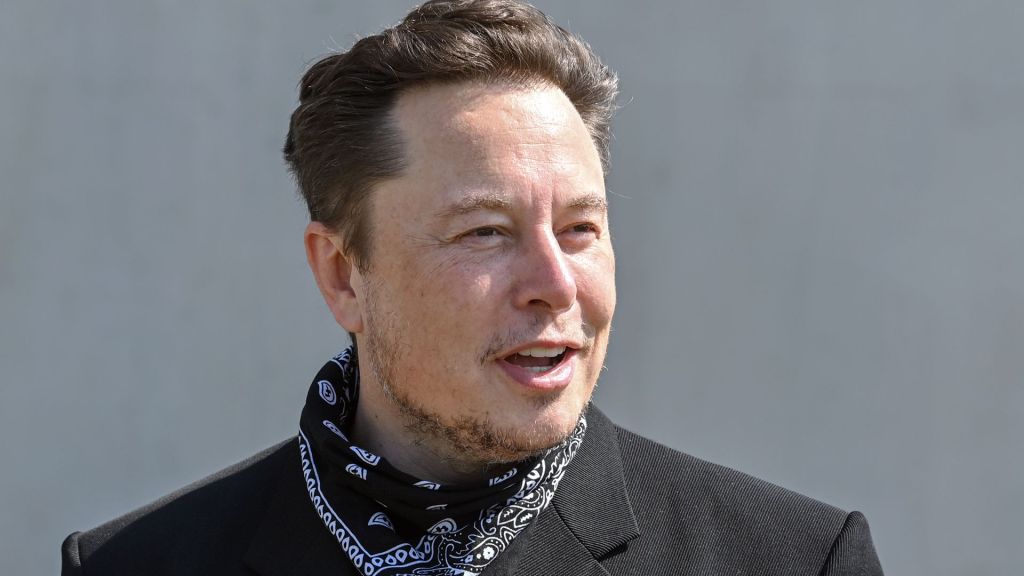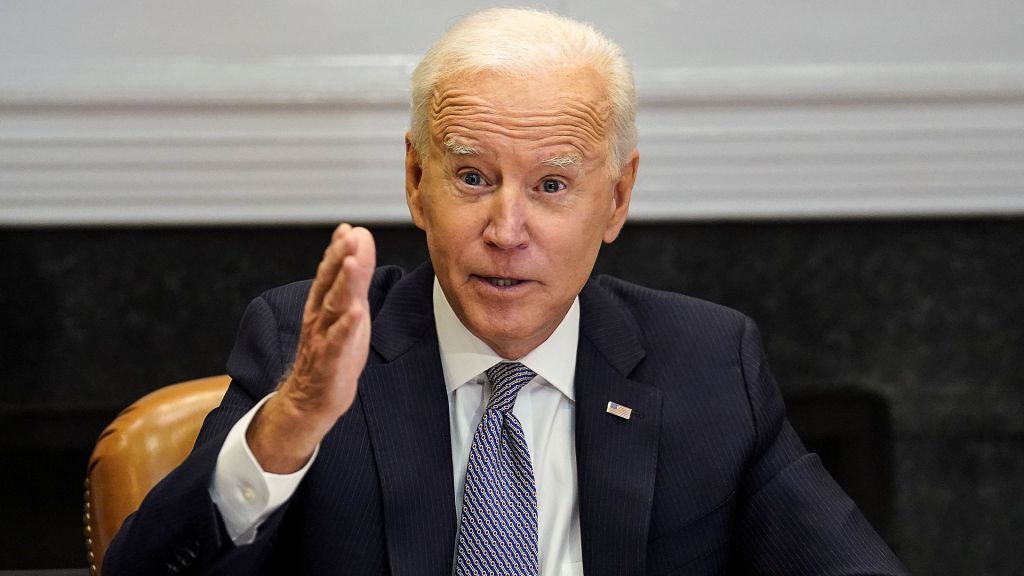
Dr. Payal Kohli: “Hi, I’m Dr. Payal Kohli, the Straight Arrow News health expert. And today we’re talking about boosters. Why do we need them? Who needs them? And when do we get them? Boosters, why do we need them? So the CDC has been closely watching the rate of breakthrough infections, which means fully vaccinated people that are then going on to get COVID-19, or test positive for the virus. When that number starts to go up, that tells us that the vaccine efficacy is going down, or that our opponent is getting stronger. And in this case, likely both. The vaccine efficacy goes down over time as we start to lose your antibodies. And because this delta variant is so aggressive, and so much more contagious than the original variant, and the rates of infection are going up in the community. All of that creates that perfect storm for the rate of breakthrough infections to start to increase. So that’s the idea is to boost your immune system with a third shot of the same vaccine in order to try to boost those antibodies so that it can better fight off a potential infection. And what we know about the Pfizer messenger RNA booster is that a third shot in phase one clinical trials has been shown to boost antibodies against the original strain against the beta strain, and boost them five to 11 fold against the Delta variants. So it really does appear that it boosts your immune system. So the efficacy pieces there. And that’s the why right now, this is why we’re having this right now is because their rate of breakthrough infections has gotten out. So that’s the why now let’s talk about the how. So the how is that they’re going to give you a third shot of the exact same vaccine that you got either Pfizer or Moderna, about eight months after you got your original vaccine. Now the eight months really comes from the fact that most Americans started getting their vaccine about eight months ago. And it comes from the fact that we start to see a dropping off in the in the number of antibodies, the neutralizing antibodies, after about six months or so. Now, we don’t yet know what the Johnson and Johnson people should do. We don’t have good data on that. And they are hopefully going to come forth with more data.”






